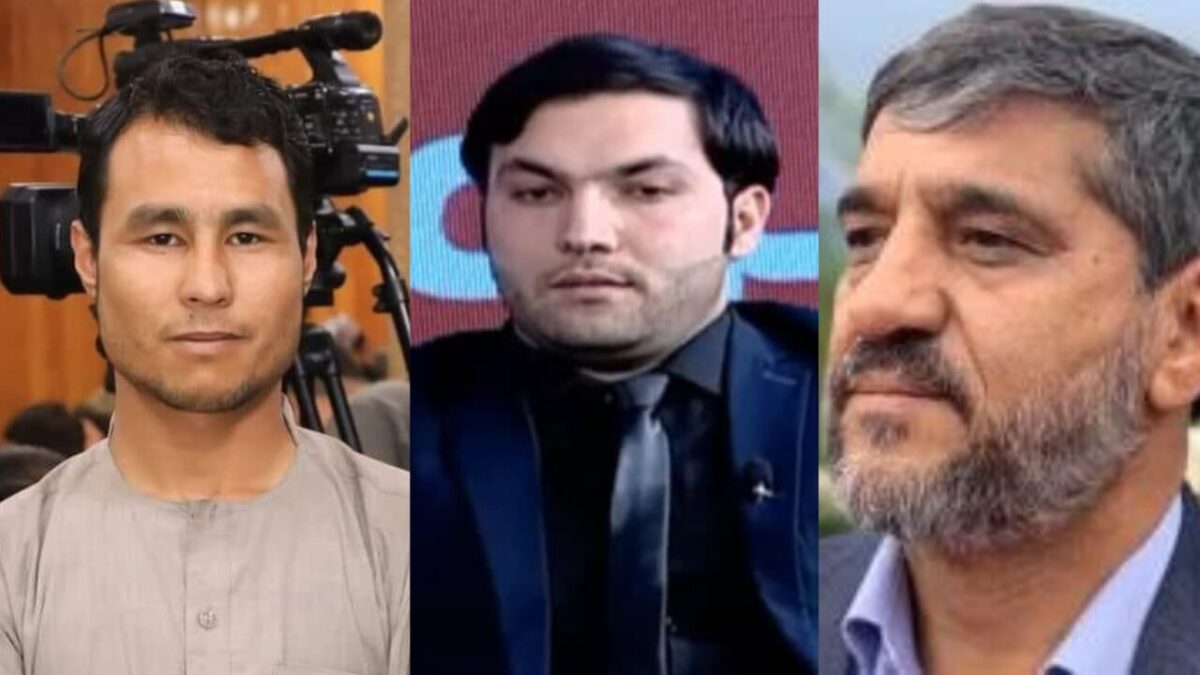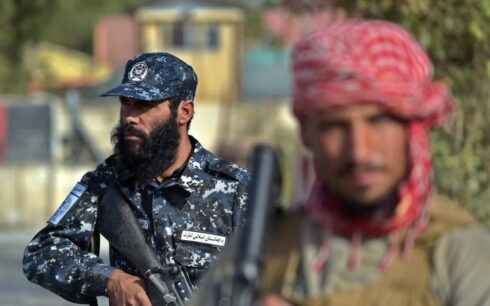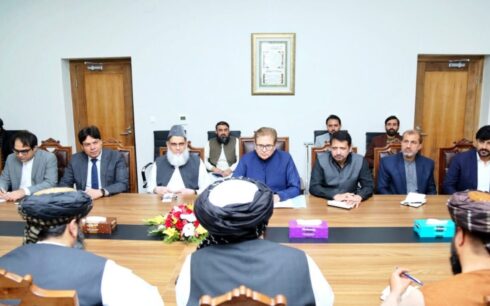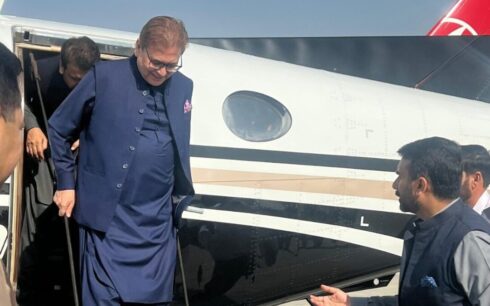The recent arrest of Mahdi Ansari, a journalist with Afghan News Agency, and the continued detention of Jawed Kohistani, a prominent political analyst, have ignited strong reactions from human rights advocates and media watchdogs.
Sources have also reported that Khyber Hoshmand, another political analyst, has been held by the Taliban for nearly ten days.
In response, a coalition of human rights activists has called on the United Nations to intervene for Kohistani’s release. The Taliban have yet to issue any official statements regarding these detentions.
Independent sources in Kabul confirmed that Ansari was detained on Sunday by Taliban intelligence forces in the Pul-e-Khoshk area of Dasht-e-Barchi. This is not Ansari’s first encounter with the Taliban; he was previously arrested on August 20, 2023, after questioning Taliban officials about girls’ access to education. His inquiry was cut short, preventing him from pressing further on the matter.
The Free Speech Hub, an organization dedicated to protecting journalists, reported that Ansari was transferred to an undisclosed location following his recent arrest. Ansari’s family has confirmed his detention by the Taliban’s intelligence division. Many journalists have voiced concerns, warning that such arrests threaten the future of free speech in Afghanistan.
“Unfortunately, arbitrary arrests and the torture of journalists by Taliban forces continue unabated,” said Reza Shaheer, a journalist now in exile, on social media. “These incidents cast a shadow over media freedom and freedom of expression in Afghanistan.”
Kohistani and Hoshmand, both detained nearly two weeks ago, remain in Taliban custody without clear charges. The human rights coalition has appealed to the United Nations Human Rights Council, citing serious concerns for Kohistani’s well-being and his family’s inability to access him. The group outlined five key rights that they believe have been violated in Kohistani’s case, including the rights to liberty, a fair trial, healthcare, and protection against enforced disappearance.
There is also no information on the whereabouts of Sayed Nabi Nabil, a former diplomat with the Taliban-run Ministry of Foreign Affairs, and Alia Azizi, the former head of a women’s prison in Herat. Both have reportedly been detained by the Taliban, yet their fates remain unknown.
In a separate development, a Kabul resident reported via video that the Taliban’s Ministry of Vice and Virtue has detained several women. The Taliban have not publicly addressed these arrests but previously denied reports of women being detained by the ministry.
The continued silence from Taliban officials on these incidents has fueled concerns among human rights activists, journalists, and political analysts, who worry about the deteriorating state of personal freedoms and the press in Afghanistan.





